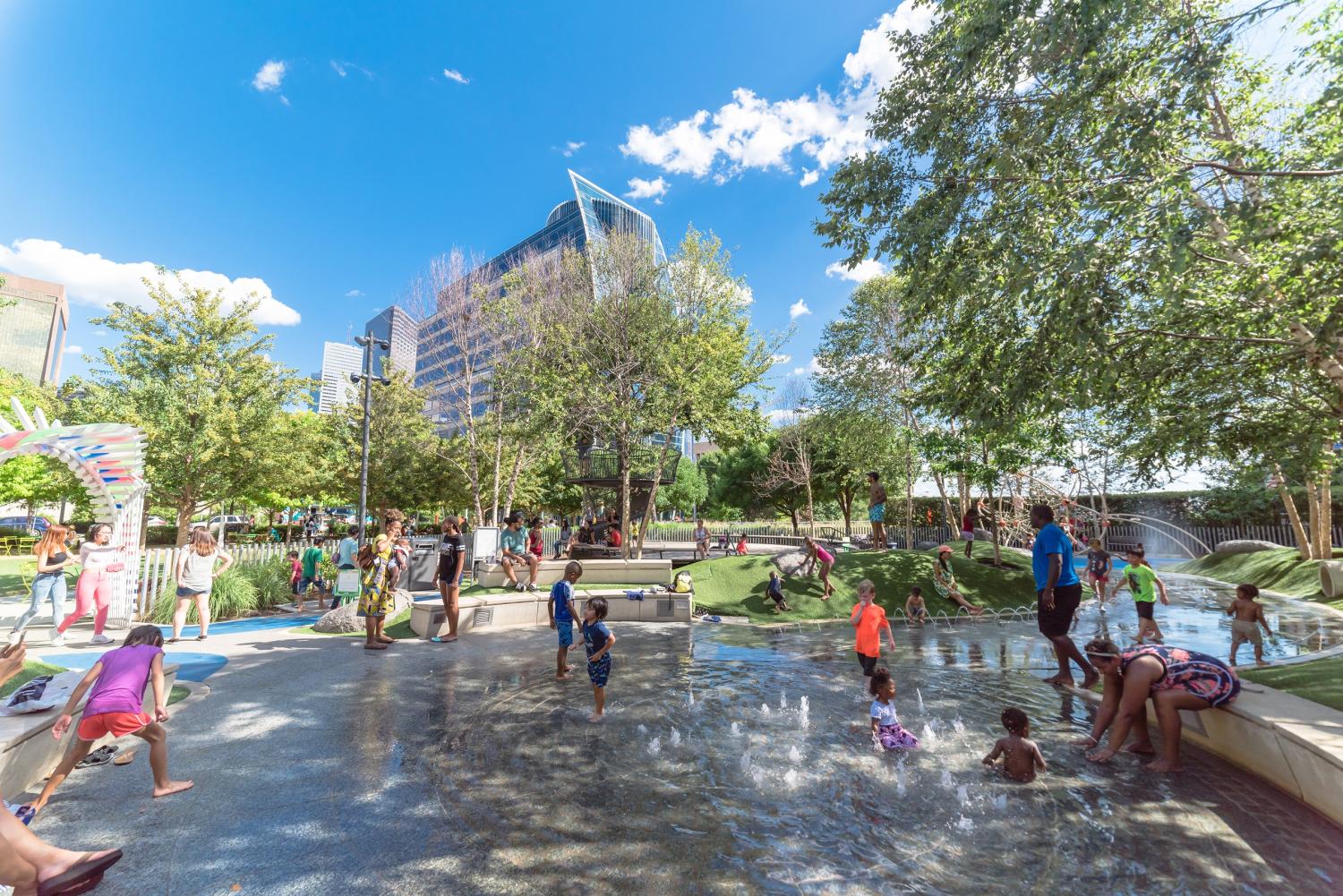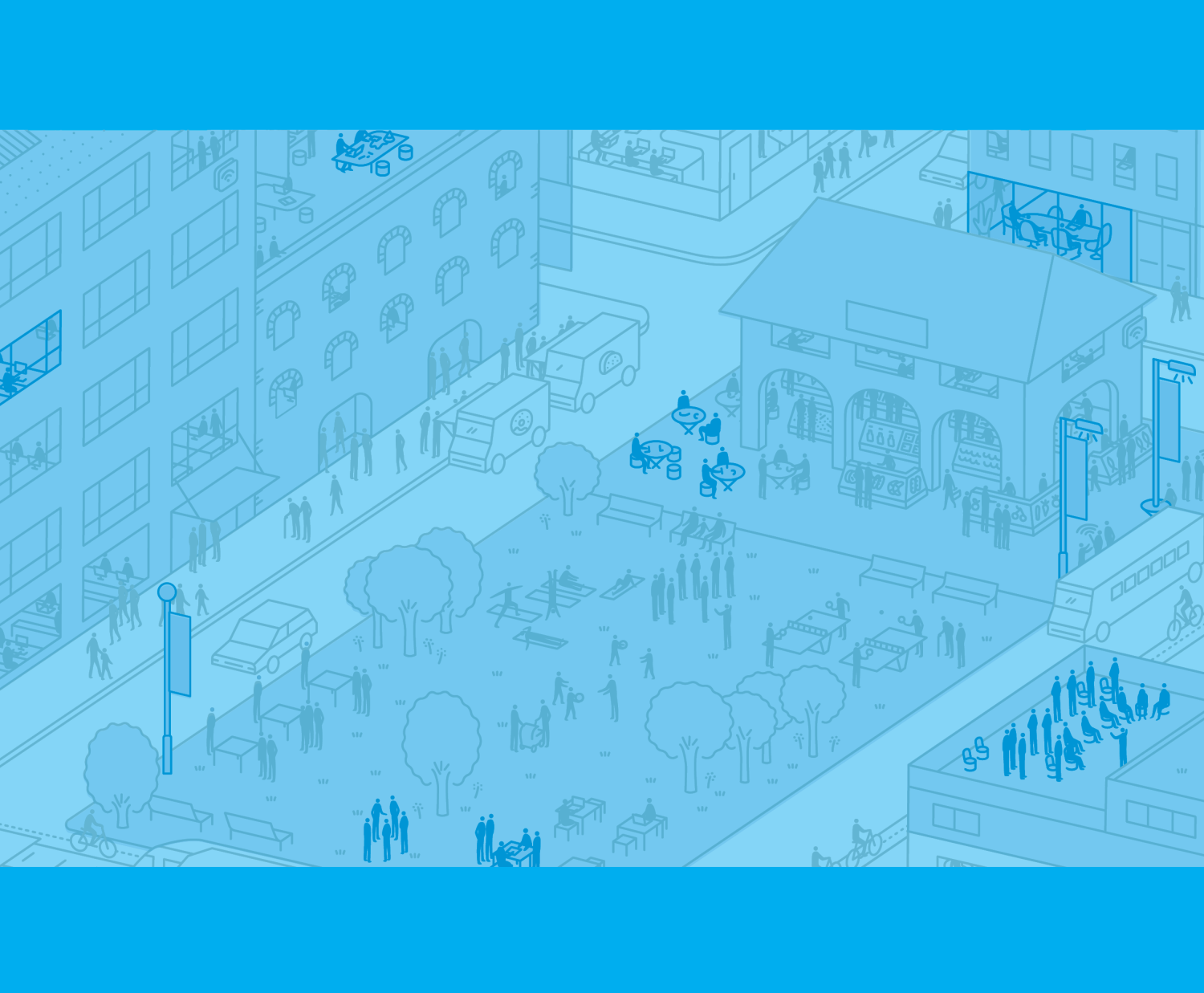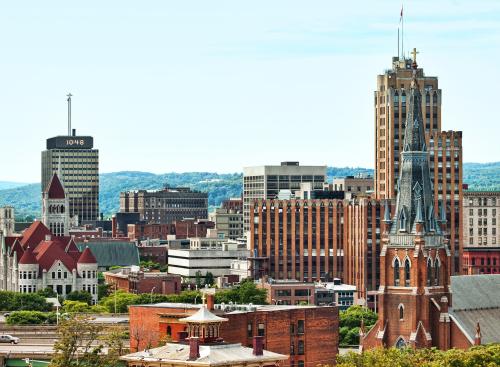The Brookings Metropolitan Policy Program is launching the Anne T. and Robert M. Bass Center for Transformative Placemaking. In collaboration with Project for Public Spaces (PPS), the National Main Street Center (NMSC), and others, the Bass Center will examine the place needs of people and businesses and use that knowledge to help public, private, and civic sectors leaders develop new approaches to creating and supporting concentrations of economic activity that drive inclusive economic growth. The Center is premised on the idea that these “economic districts” represent the geographies in which leaders can have the most transformative impact—where they can build local trust and understanding, experiment safely, show results early and often, and measure impact against a place-centered vision and goals.
Why we need to invest in transformative placemaking

Authors: Jennifer S. Vey
After decades of sprawl and suburban dominance, U.S. cities are experiencing rebounding populations, growing employment, and new public and private sector investments in infrastructure, real estate, and placemaking. Much of this revitalization can been found in downtowns, along waterfronts, and in innovation districts where research institutions and entrepreneurs cluster and connect. It is a welcome—and for many communities, long-awaited—upshot of shifting demographics, household structures, and market preferences that are driving higher demand for areas that are walkable, amenity-rich, and which facilitate collaboration among firms and workers.
Opportunities for transformative placemaking: Columbia Gateway, Maryland

Authors: Nate Storring, Charlotte Benz
As the demand for walkability and a lively public realm increases, suburban office and research parks around the country are facing increasing pressure to evolve. To compete, developers and landowners in these areas feel they must provide more amenities, as well as spaces and programming that encourage professional and social collaboration. But they often must overcome limited finances, legacy zoning, and other policies in the process.
This case study examines how one such office park in Columbia, Md. is implementing a plan to transform itself into a lively district that meets the changing needs of tenants and their workers.
Downloads:
Opportunities for transformative placemaking: Bronzeville, Chicago

Authors: Hannah White
Over the course of the last two decades, many cities across the country have been experiencing a comeback. Americans are migrating to urban areas in pursuit of career opportunities, dynamic neighborhoods, and vibrant public spaces. However, even as new investment, development, and residents are clustering in city centers and certain neighborhoods, many urban communities are struggling to take advantage of this growth.
This profile looks at Chicago’s Bronzeville area, a dynamic and culturally rich community well positioned for growth, which continues to be challenged by the lasting effects of disinvestment, population loss, and policies that stymie economic opportunity.
Downloads:
Opportunities for transformative placemaking: Chattanooga Innovation District, Tennessee

Authors: Nate Storring, Charlotte Benz
The past 15 years have witnessed a rise in the growth of urban innovation districts—mixed-use, walkable, and transit-rich urban areas where anchor institutions and mature companies cluster with start-ups, business incubators, and accelerators. While drivers of job growth and revitalization, these districts also tend to reflect the knowledge-based industries that comprise them, and thus often lack diversity in terms of workforce, business ownership, and decision-making.
This profile examines the recently designated innovation district in downtown Chattanooga, Tennessee, where stakeholders are undertaking intentional efforts to ensure that low-income and minority residents are key participants in, and beneficiaries of, the area’s growth and development.
Downloads:
Opportunities for transformative placemaking: Newcastle, Wyoming

Authors: Hannah White
Small towns across the country can be as diverse and varied as their urban counterparts. Today’s rural America is a complex tapestry of communities reliant upon different segments of the economy, with different demographic and socio-economic profiles, and facing different place-based issues. Recognizing these variables, many rural communities see common challenges in growing their local economies, maintaining an educated and healthy labor force, and improving their connectivity with the surrounding region.
This profile looks at one rural community, Newcastle, Wy., a town with roots in the oil and coal industries looking to diversify its economy through tourism, locally grown entrepreneurship, and the appeal of small-town living.
Downloads:
The Brookings Institution is committed to quality, independence, and impact.
We are supported by a diverse array of funders. In line with our values and policies, each Brookings publication represents the sole views of its author(s).

